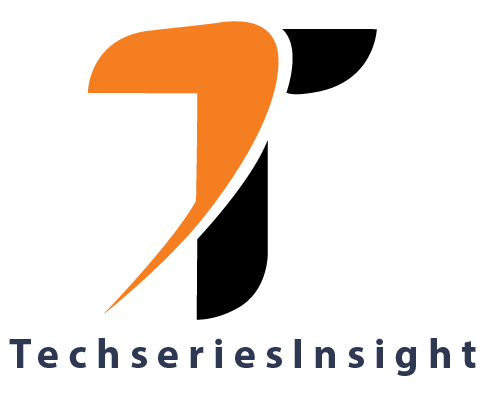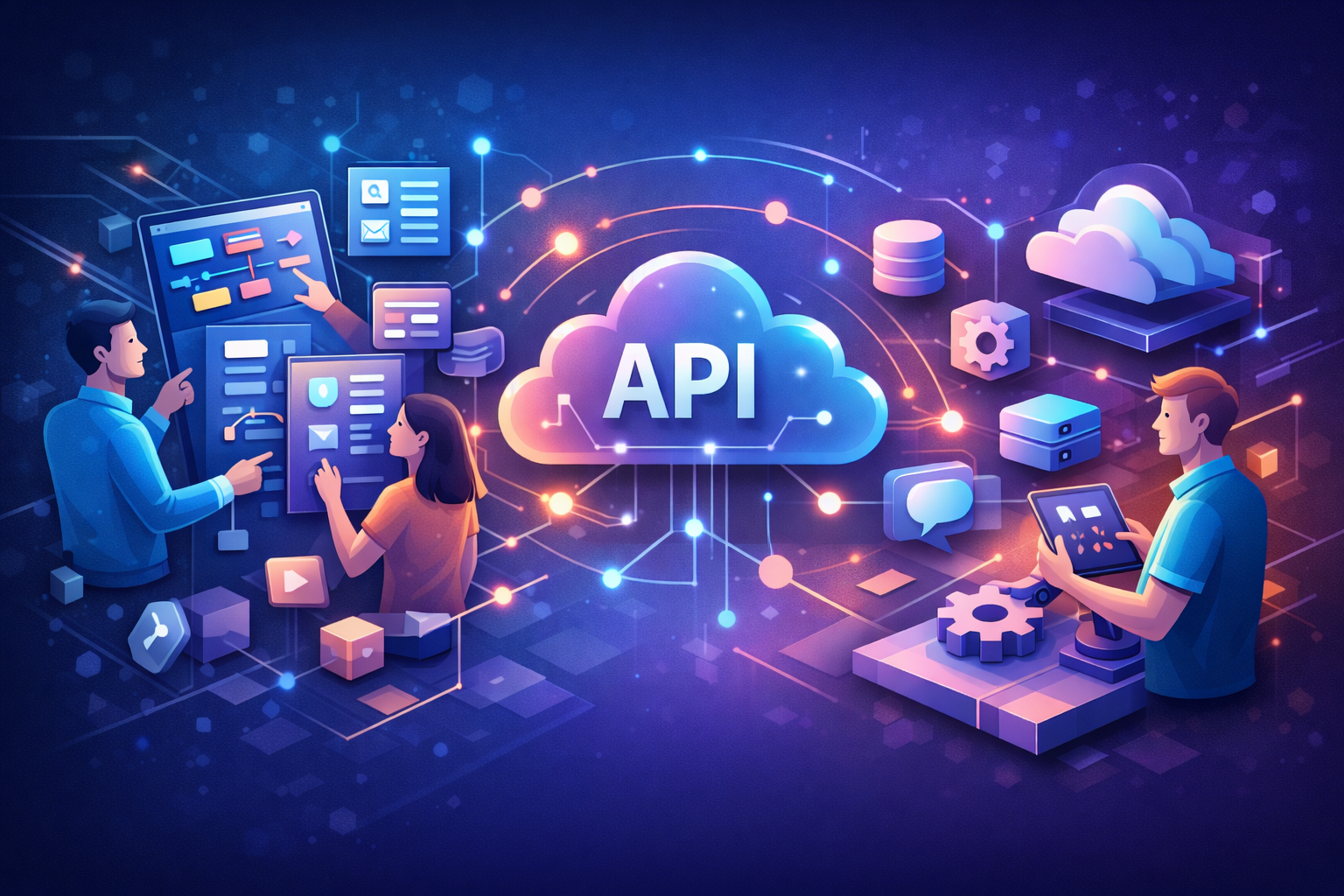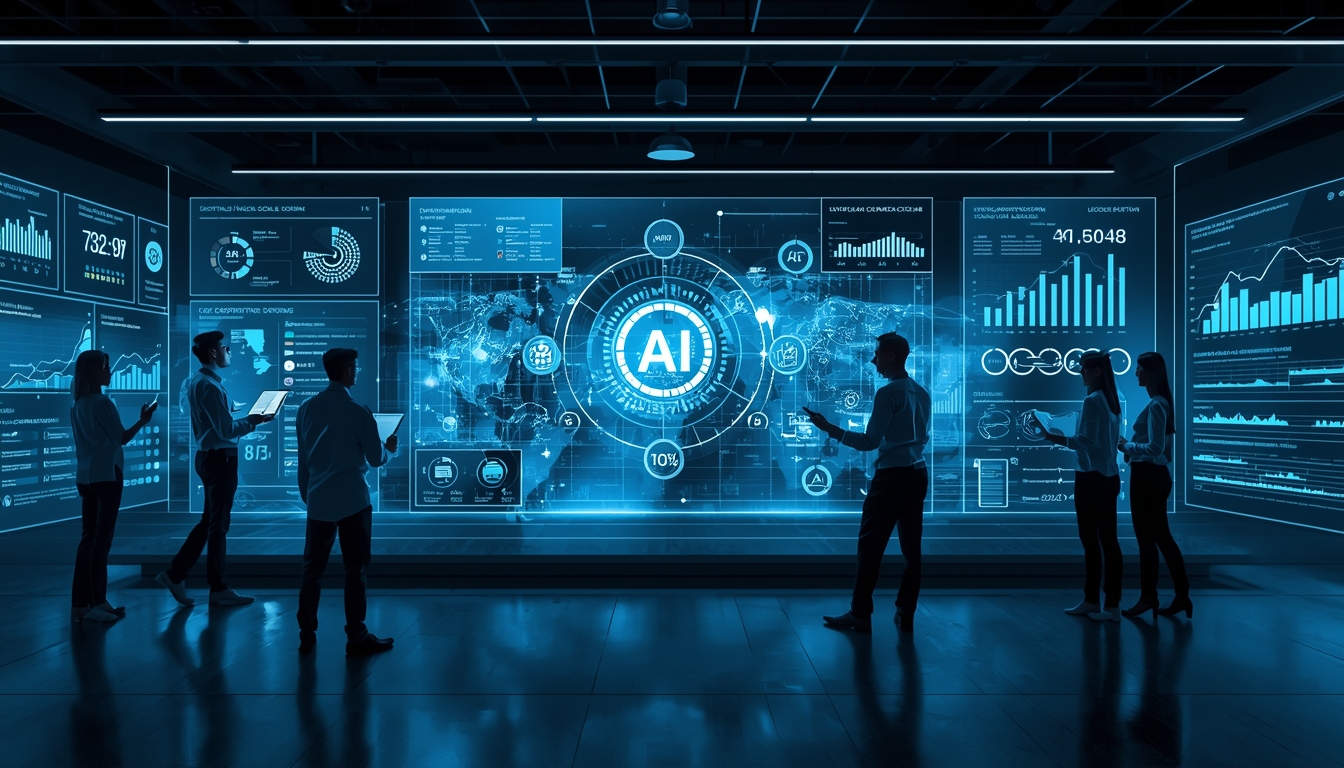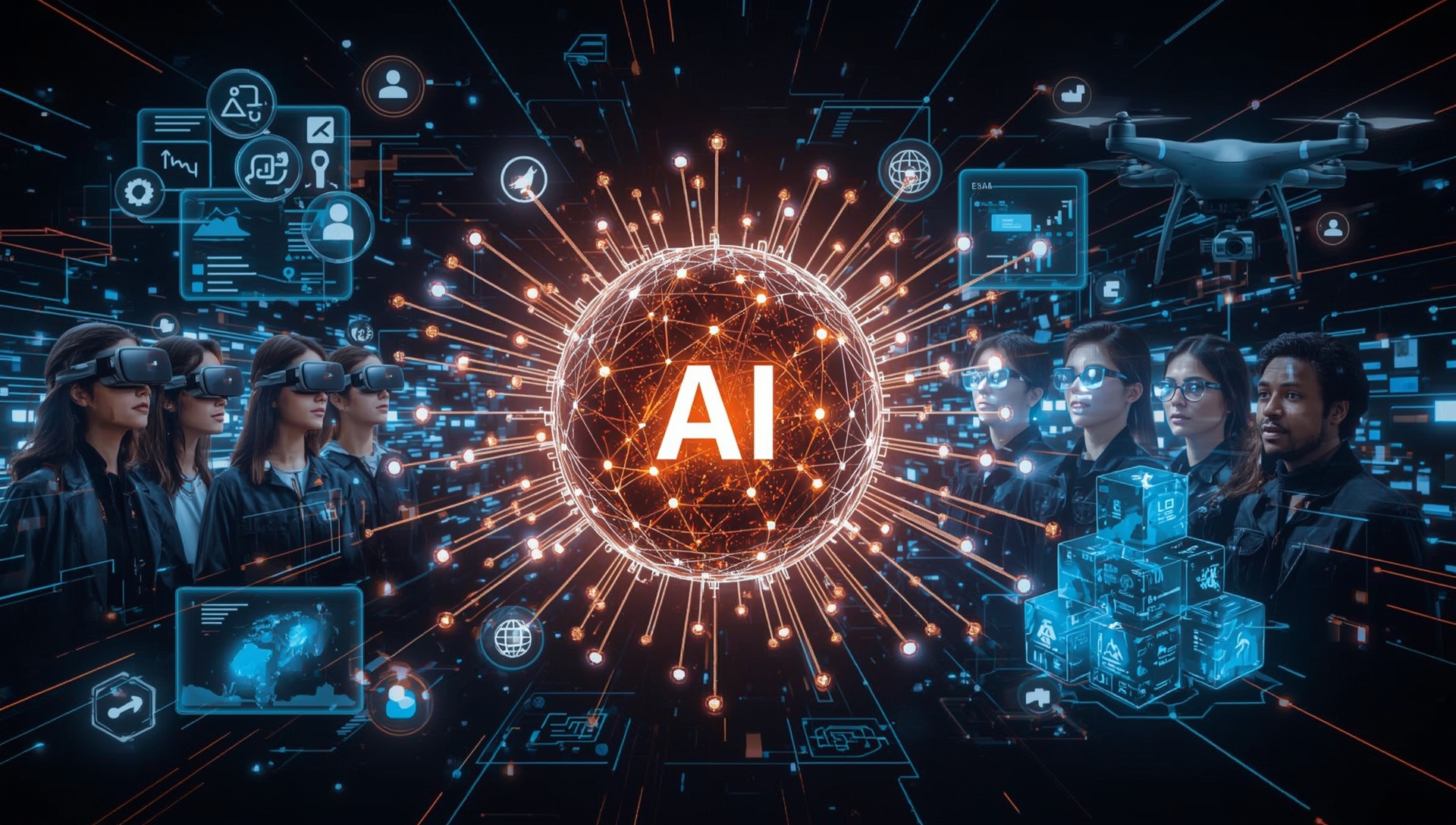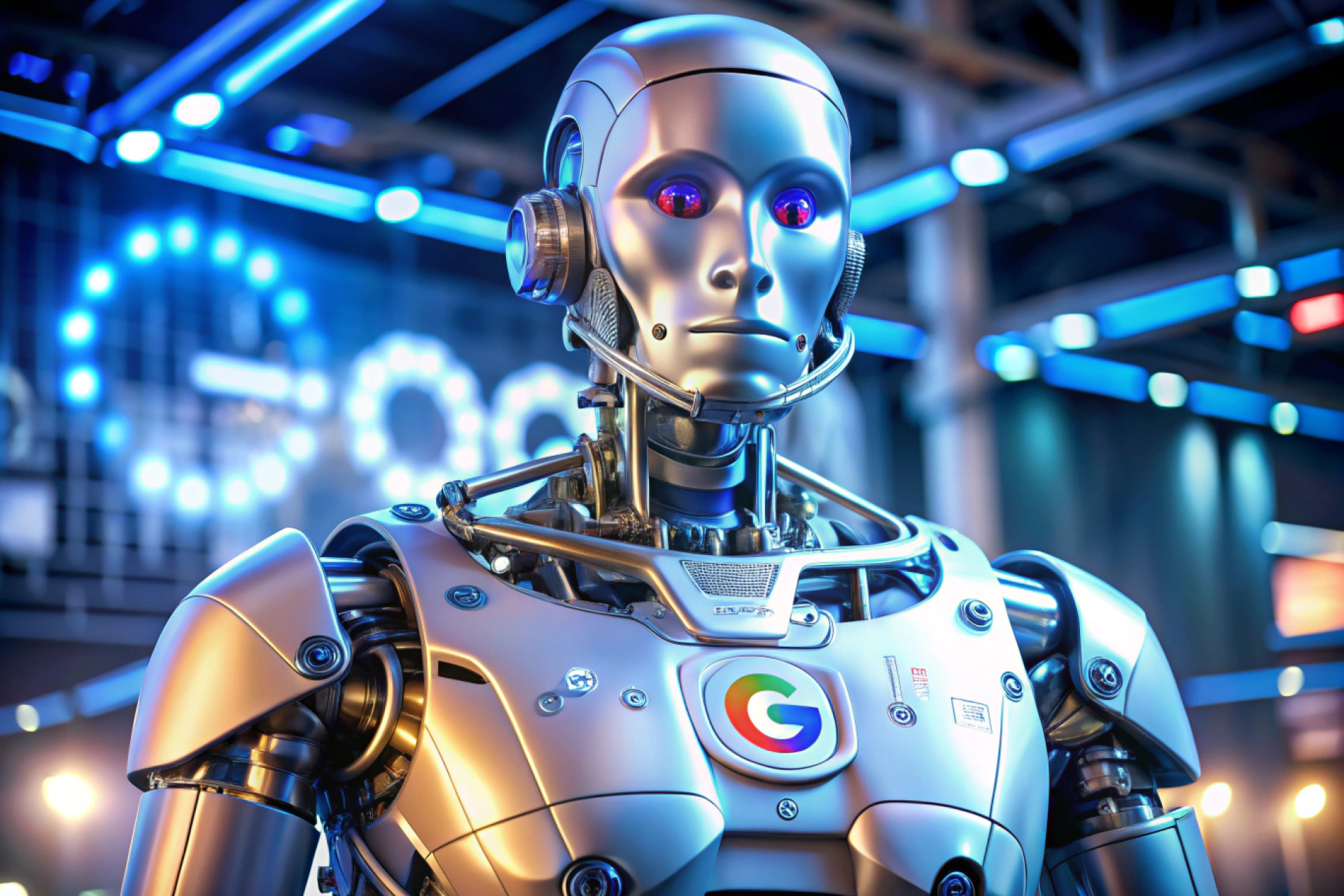
In today’s hyper-competitive digital landscape, search engine optimization (SEO) remains a cornerstone of online success. But traditional SEO strategies, especially keyword research, can be time-consuming and often rely on guesswork. That’s where artificial intelligence (AI) comes in, transforming how marketers approach SEO and keyword planning.
AI not only accelerates the keyword research process but also enhances the depth and accuracy of SEO strategies. Let’s explore how.
1. Smarter Keyword Discovery
AI tools can process massive datasets far beyond human capability. Instead of manually sifting through keyword suggestions, AI can:
- Identify high-potential keywords based on search trends, competition, and intent.
- Uncover long-tail keywords that are often missed but can drive highly targeted traffic.
- Analyze semantic relevance, providing related phrases and LSI (Latent Semantic Indexing) keywords that improve contextual SEO.
For instance, platforms like SEMrush, Ahrefs, and Surfer SEO use AI to suggest keyword clusters that align with specific topics, making content more comprehensive and relevant.
2. Enhanced Search Intent Analysis
One of the most significant shifts in SEO is Google’s focus on user intent. AI helps decode this by analyzing:
- How people phrase queries differently (informational vs. transactional vs. navigational).
- User behavior post-search (e.g., bounce rate, dwell time).
- Contextual clues from surrounding content.
By understanding intent, AI enables marketers to target keywords that align with what users are actually looking for—not just what they’re typing.
3. Competitor Insights at Scale
AI tools can perform deep competitive analysis by:
- Scanning competitor websites to identify which keywords they rank for.
- Highlighting content gaps and opportunities where your site could outperform theirs.
- Tracking ranking changes over time to refine strategy dynamically.
This gives businesses a roadmap for outperforming competitors based on data, not assumptions.
4. Predictive SEO and Trend Forecasting
AI doesn’t just tell you what’s working now—it can predict what might work next. Using machine learning, AI can:
- Analyze search trends to anticipate emerging keywords.
- Monitor seasonality and adjust strategies accordingly.
- Forecast changes in keyword value based on industry shifts or consumer behavior.
This proactive approach helps businesses stay ahead of the curve rather than reacting after the fact.
5. Content Optimization and Automation
AI-driven platforms like Clearscope, MarketMuse, and ChatGPT can optimize content by:
- Recommending keyword density and usage.
- Suggesting improvements in structure, readability, and relevance.
- Auto-generating content outlines or even full drafts based on targeted keywords.
This results in faster content creation and better performance on search engines.
6. Voice and Visual Search Optimization
As voice assistants and visual search become more common, AI helps optimize for:
- Conversational keywords (e.g., “Where can I find vegan pizza near me?”).
- Image-based queries, enhancing metadata and alt text with relevant keywords.
- Local SEO, tailoring content for “near me” and location-based searches.
AI ensures that SEO strategies are aligned with how modern users search—not just how they type.
Conclusion
AI is no longer a futuristic add-on—it’s a necessary tool for modern SEO success. By automating tedious tasks, uncovering smarter insights, and enhancing content strategies, AI empowers marketers to make data-driven decisions that drive real results.
As AI technology continues to evolve, its role in keyword research and SEO will only grow more sophisticated. Those who adopt and adapt early will be better positioned to dominate search rankings and capture meaningful, long-term traffic.

